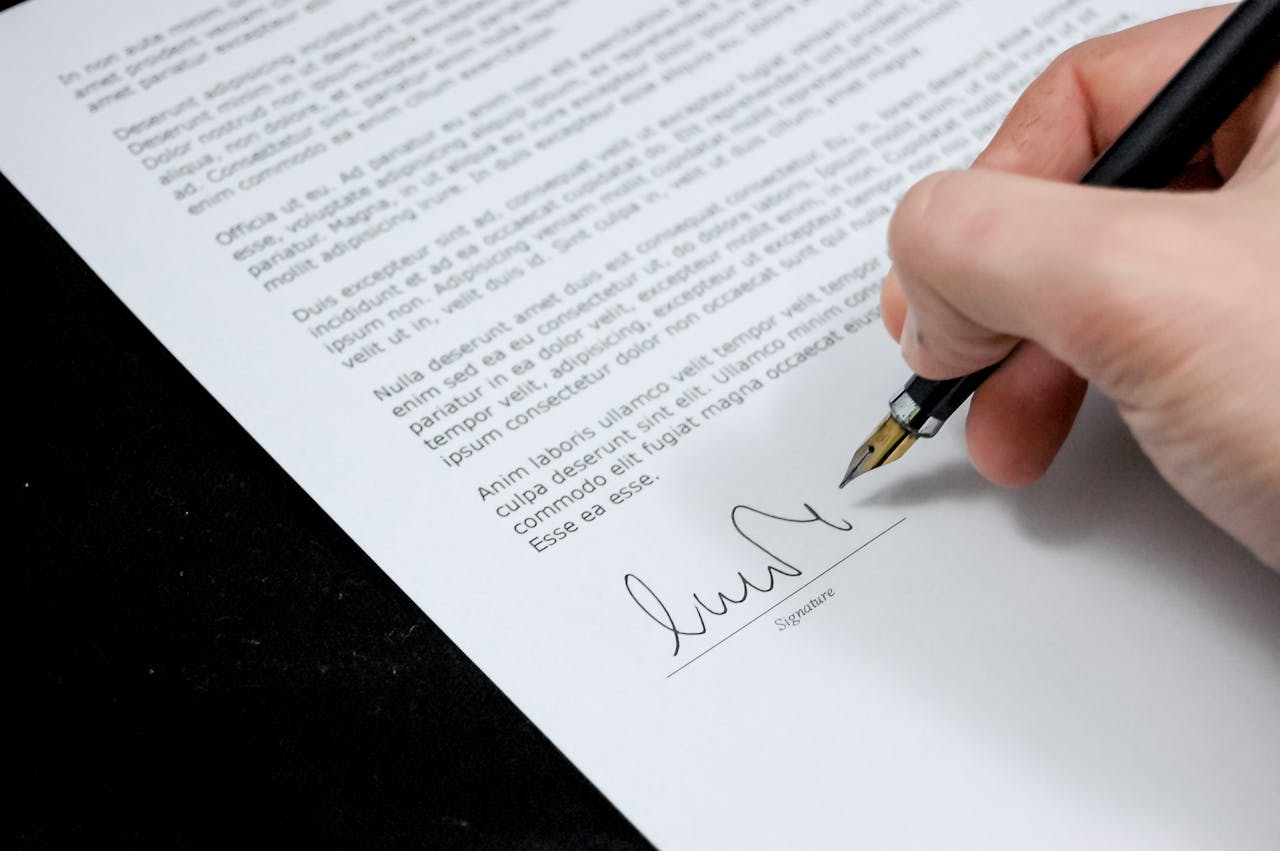
What Documentation Do You Need to Form a Trust?
Creating a trust can be a powerful way to manage and protect assets for yourself and loved ones, both now and for the future. In order to create a trust, you’ll need some documentation on hand. Below, we break down what you’ll need to start this process, and build a trust that accomplishes your goals. If you would benefit from the assistance of an estate planning law firm in Myrtle Beach, Wilmington, or the surrounding areas, please don’t hesitate to get in touch.
Required Documentation to Form a Trust
Documents Proving Identification
Who are the key players involved in the trust? These people include yourself (the grantor), the trustee (or trustees), and successor trustees who will take over if the primary trustee becomes unavailable. To get started, each person will need to provide identification documents, such as a valid government-issued ID. These could include a driver’s license or passport, according to the SSA’s guidelines on acceptable forms of identification.
Information About the Trust Beneficiaries
The beneficiaries are the key component of your trust, so it’s important to provide detailed information about each one. This includes their full names, addresses, and Social Security numbers (when required), along with birth certificates if any minors are involved. You need to include all of the information up front to prevent any confusion or delays later on.
What is the Purpose of This Trust? Be Specific
You need to define the purpose and include specific instructions for managing and distributing assets in order to help guide your trustees, and show the intent behind each decision. For instance, you may want to preserve family property for future generations or provide for a loved one’s care. Understanding trust structures can offer valuable insights into setting one up effectively. If you have any restrictions in mind, such as how certain funds should be used or when they should be accessed, this is the time to specify.
Documentation Regarding Your Trust’s Assets
You will need a list of assets and supporting documentation. Whether you’re including real estate, financial accounts, or other valuable items, each asset type may require specific forms. Titles or deeds are necessary for real estate, while bank and investment accounts need statements showing ownership. If you’d like life insurance policies, retirement accounts, or even a business to be part of your trust, gathering policy documents and business agreements will help with your trust formation. Work with a qualified estate planning attorney - this way, you won’t miss any of the finer deals, thus creating additional stress for your beneficiaries upon your death.
The type of documentation varies based on the assets, but thorough records are key. Each document you provide will simplify asset management for your trustee and create a straightforward path for beneficiaries when it’s time for distributions. For detailed information on estate planning, the IRS offers a helpful guide on managing and transferring assets.
Trust Terms and Conditions
Terms and conditions dictate how long the trust will last (such as a revocable or irrevocable duration) and outline any rules for modifying or terminating it. Setting clear conditions for amending the trust is particularly useful if you anticipate making changes over time. For instance, in a revocable trust, you can include a provision that allows you to make updates, while an irrevocable trust may have different guidelines.
The terms can also define when and how assets are accessible to beneficiaries. Whether it’s based on a beneficiary reaching a certain age or achieving certain milestones, adding conditions helps make sure your assets are handled as you intend.
Notarized Signatures
Gather notarized signatures from all primary participants. This includes you as the grantor, your chosen trustee(s), and potentially your successor trustee(s). Notarized signatures confirm the legality of each party’s commitment to the trust and establish that everyone has entered into the agreement voluntarily. The notarization process is intended to protect everyone involved, especially the beneficiaries. Your attorney can assist with coordinating this step to keep everything moving smoothly.
Funding Documentation (For Placing Assets into the Trust)
Once the trust is established, funding it requires another round of documentation. Transferring real estate involves the transfer of ownership deeds to the trust, and bank and brokerage accounts often require a signed transfer letter to reassign ownership. For personal property like vehicles, jewelry, or artwork, assignment forms help formally incorporate these items into the trust.
Contact Information
Your trust will need to include relevant contact information. This includes the attorney drafting the trust as well as any financial advisors or accountants who help manage your finances. If a trustee has questions in the future, this contact information can save the day.
Should You Hire a Lawyer to Form Your Trust?
If you want to protect your assets and set your heirs up for success, you should absolutely work with a trust formation lawyer. An experienced firm can help you choose the right kind of trust, prepare for tax liabilities, and designate heirs and your wishes. Protect your beneficiaries from a lengthy probate process, and call a local estate planning attorney.
